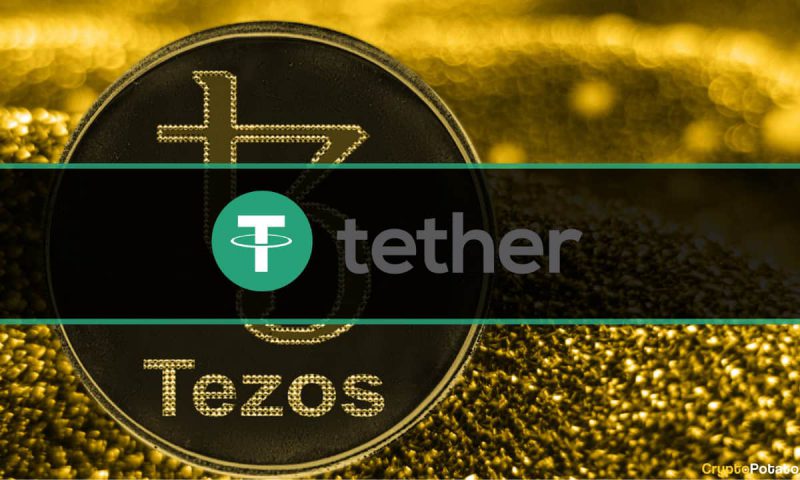Tether, the issuer of the world’s largest stablecoin, has announced the launch of USDT on the Tezos blockchain for creating smart contracts and decentralized applications.
Announcing the same in a recent statement, Paolo Ardoino—CTO of Tether—said,
“We’re excited to launch USDT on Tezos, offering its growing and vibrant community access to the most liquid, stable, and trusted stablecoin in the digital token space.”
He added,
“Tezos is coming fast onto the scene and we believe that this integration will be essential to its long-term growth.”
DeFi products expected to be unlocked
The said announcement marks the expansion of the number of networks supporting Tether’s native asset to 12. The other supporting networks include Ethereum, Solana, Avalanche, Omni, EOS, Liquid Network, Kusama, Bitcoin Cash’s Standard Ledger Protocol, Polygon, Algorand, and Tron.
Alessandro De Carli, a founder at Papers—the company behind Beacon, the interaction standard for Tezos dApps and wallets—also weighed in on the matter. He hinted that by having USDT on Tezos, on and off-ramps into the Tezos DeFi ecosystem can be expected to disentangle. He said,
“On and off ramps into the Tezos DeFi ecosystem will become more simplified and efficient… The launch of USDT on Tezos will undoubtedly unlock new DeFi products and I expect the impact on volume growth of the Tezos DeFi ecosystem to be remarkable.”
Tether cements its position as stablecoin king
The recent de-pegging event triggered by market manipulation managed to single-handedly put Tether on a slippery slope. At that point, claims were being made that USDC would take over the stablecoin reigns. But Tether, nonetheless, managed to re-align and step out of the shadows of the said event.
Tether remains to be the largest stablecoin in terms of market capitalization. Circle’s second-ranked USDC and Binance’s third-ranked BUSD stand miles apart. At press time, the cumulative worth of all of Tether’s stablecoins stood at $72.38 billion, while that of Binance’s and Circle’s merely reflected values of $53.6 billion, and $17.9 billion respectively.





